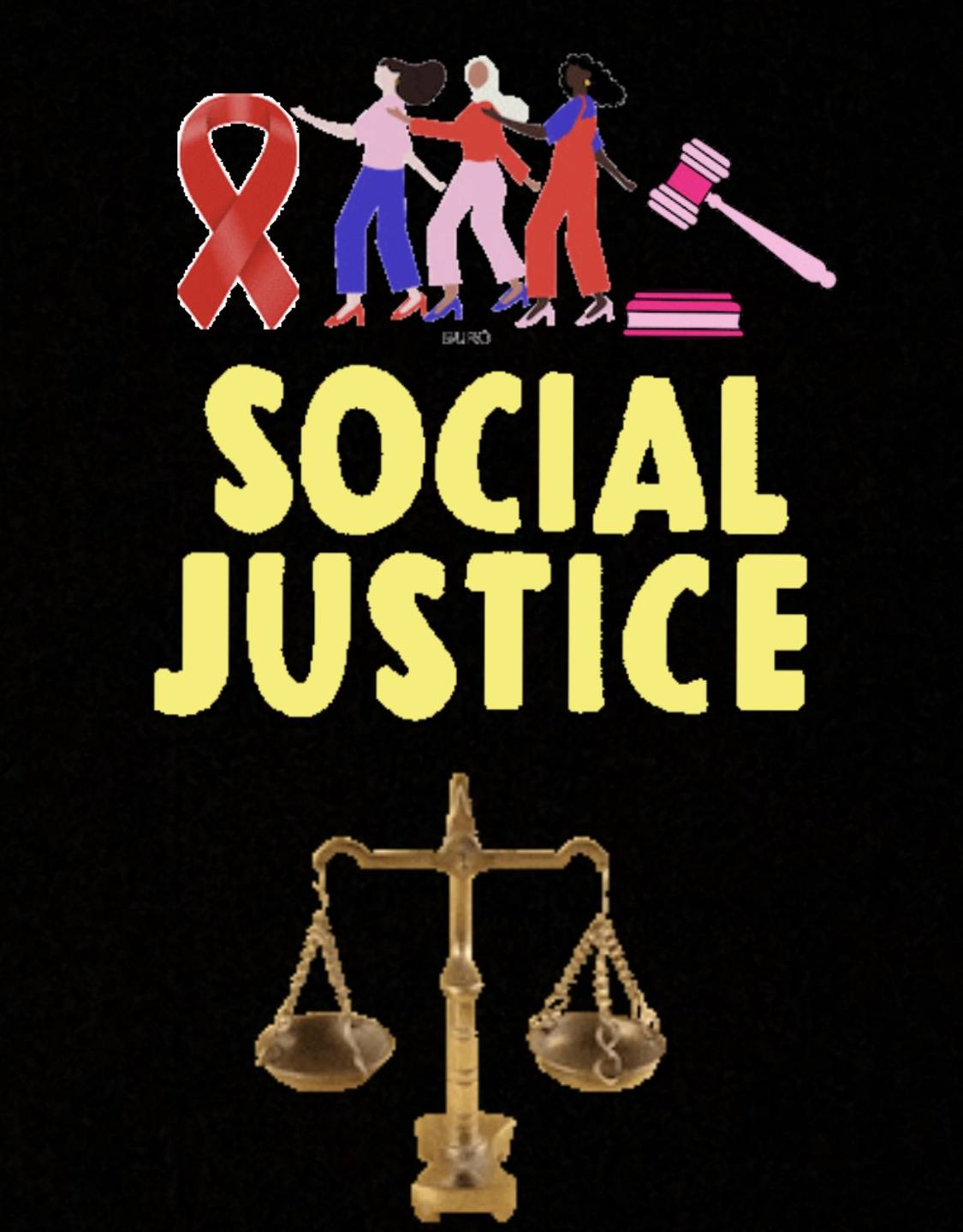Table of Contents
Social justice
INTRODUCTION
The concept of social justice can be traced through the theology of Augustine of term ”social justice” become used explicitly in the 1780’s. Although there is no certainty about the first use of the term ”social justice”, early sources can be found in Europe in the 18th century. Some references to the use of the expression are in the articles of Journals aligned with the spirit of the enlightenment, in which social justice is described as an obligation of the monarch.
The wage of the term started to become more frequent by Catholic thinkers from the 1840s. In the later 19th and 20th century, social justice became an important theme in American political and legal philosophy. In the 20th century, a number of liberating and conservative thinkers rejected the concept. However, the concept remained highly influential, particularly with its promotion by philosopher such as John Rawls.
What does social justice mean?
Social justice is a concept of fair and just relation between the individual and society as measured by the distribution of wealth, opportunities for personal activity and social privileges.
It assigns rights and duties in the institutions of society which enables to receive the basic benefits and burdens of cooperation.
In western as well as in older Asian cultures, the concept of social justice has after referred to the process of ensuring that individuals fulfil their social roles and receive what was their due from society.
IMPORTANCE OF SOCIAL JUSTICE
●Improves educational opportunities
Education allows individuals to build skills and open doors for future employment opportunities.
●* Ensure suitable health care
It focuses on creating and providing equal and adequate opportunities for individuals in all social classes to be able to obtain healthcare programs that offer affordable insurance plans and access to necessary education and medical care.
● Protection against various forms of discrimination
It is safe to say that discrimination is one of the most common and prevalent forms of injustice. Race, ethnicity and gender are only a few examples of discrimination that someone can face.
●Constitutional Provisions
Article 23: Prohibition of traffic in human beings and forced labour.
Article 24: Prohibition of employment of children in factories, etc.
Article 37: Application of the principles contained in this Part (DPSP).
Article 38: State to secure a social order for the promotion of welfare of the people.
Article 39: Certain principles of policy to be followed by the State.
Article 39A: Equal justice and free legal aid.
Article 46: Promotion of Educational and Economic interests of Scheduled Castes, Scheduled Tribes and other weaker sections.
●Social Safeguards
Article 17: Abolition of Untouchability.
Article 25: Freedom of conscience and free profession, practice and propagation of religion.\
●Political Safeguards
Article 330: Reservation of seats for Scheduled Castes and Scheduled Tribes in the House of the People.
Article 332: Reservation of seats for Scheduled Castes and Scheduled Tribes in the Legislative Assemblies of the States.
Article 334: Reservation of seats and special representation to cease after sixty years.
Article 243D: Reservation of seats (in Panchayats).
Article 243T: Reservation of seats (in Municipalities).
Measures that should be taken to ensure social justice.
● Better education would get better result and skilled people.specially the importance of girl’s child education should also be discussed and initiative should be taken to cure it.
● There should be made certain restrictions on politicians who are accused of serious crimes like rape, sexual harassment etc.and have a case pending in courts for more than a certain time.
● Nepotism in politics has led to unfair distributions of tickets to political contest. parties should be promoted to distribute ticket fairly and a regular check should be made on them.
● separate committee should be made to ensure that the amount promised by the central govt.ID being given.
Government has taken steps to ensure social justice but not followed properly by max. people.such as equal pay for equal work, lack of implementation of various govt. initiated steps should be taken more seriously.
Biggest stone in our way to achieving social justice is that every individual is ready to give a suggestion, but most of them are not ready to work and execute such suggestions. no person whether rich or poor, official or worker, is above law and thus every individual should be treated equally.
Reference-
Wikipedia
Thriveglobal.com
Author: Mahima,
1st year student faculty of law , university of Delhi



Great work